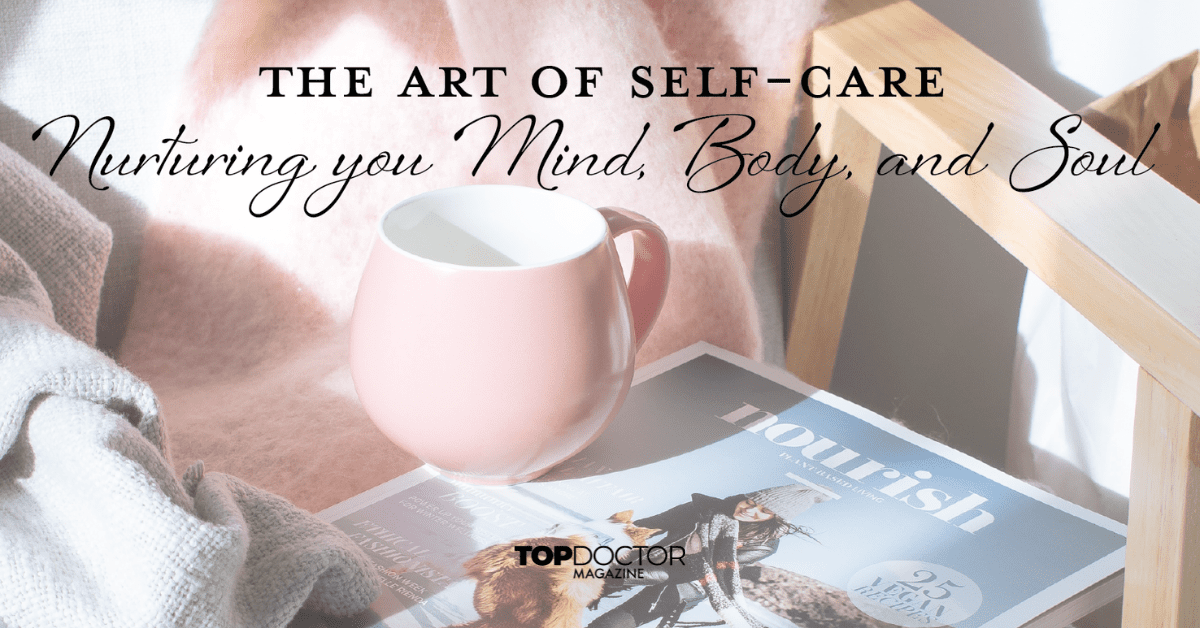Introduction
In today’s fast-paced world, where stress and sedentary lifestyles are prevalent, incorporating regular exercise into our self-care routines is vital for maintaining optimal physical and mental well-being. Regular exercise can help prevent muscle deterioration, aid in heart health, boost energy levels, and offer numerous benefits for our mental health and overall quality of life. This article explores the importance of exercise as a form of self-care and highlights its positive impact on physical and mental health.
Physical Benefits of Exercise
- Weight Management: Regular physical activity helps burn calories and maintain a healthy weight. In the absence of any pre-existing health conditions, physical exercise enhances our metabolic rate, fosters fat reduction, and fosters muscle mass growth, thereby enhancing overall body composition.
- Heart Health: Cardiovascular exercise, such as brisk walking, jogging, cycling, or swimming, strengthens the heart and improves blood circulation. Regular aerobic exercise lowers the risk of heart disease, reduces blood pressure, and increases good cholesterol levels (HDL).
- Bone and Muscle Strength: Weight-bearing exercises like resistance training and weightlifting promote bone density and muscle strength. These activities help prevent conditions like osteoporosis and sarcopenia, which are common among aging individuals.
- Enhanced Energy Levels: Exercise boosts energy levels by improving oxygen and nutrient delivery to the body’s tissues. Regular physical activity stimulates the production of endorphins, which are natural mood-enhancing hormones that reduce fatigue and increase overall vitality.
Mental Health Benefits of Exercise
- Stress Relief: Exercise is a powerful stress reliever. Physical activity increases the production of neurotransmitters like endorphins, serotonin, and dopamine, which improve mood and promote relaxation. Engaging in exercise can reduce symptoms of anxiety and depression, boost self-esteem, and enhance overall emotional well-being.
- Improved Cognitive Function: Regular exercise enhances cognitive function and memory by increasing blood flow to the brain. Physical activity stimulates the growth of new neurons and improves neural connections, leading to better focus, attention, and overall mental clarity.
- Sleep Quality: Exercise is vital in improving sleep quality and duration. Physical activity during the day promotes a better night’s sleep, helping individuals feel refreshed and rejuvenated. However, avoiding intense exercise too close to bedtime is essential, as it could interfere with sleep patterns.
- Increased Resilience: Exercise builds resilience and improves our ability to cope with life’s challenges. Regular physical activity helps to regulate stress hormones, enhances self-confidence, and fosters a sense of accomplishment. This, in turn, improves overall mental resilience and our ability to navigate difficult situations.
Incorporating Exercise into Self-Care Routine
- Set Realistic Goals: Start by setting realistic exercise goals that align with your fitness level and lifestyle. Gradually increase the duration and intensity of your workouts to avoid burnout or injuries. Remember, consistency is key.
- Find Activities You Enjoy: Experiment with different exercise forms to discover activities you genuinely enjoy. Whether it’s jogging, dancing, swimming, yoga or team sports, engaging in activities that bring you pleasure makes it easier to stick to your exercise routine.
- Make it a Priority: Prioritize exercise as an essential part of your self-care routine. Schedule regular workout sessions and treat them as non-negotiable appointments with yourself. Just as you make time for work and other commitments, allocate time for exercise.
- Make it Social: Exercising with others can boost motivation and make the experience more enjoyable. Consider joining a fitness class, participating in group activities, or finding an exercise buddy. Social support can help maintain accountability and foster a sense of camaraderie.
- Listen to Your Body: Pay attention to your body’s signals and adjust your exercise routine accordingly. If you experience pain or discomfort, modify your activities or seek guidance from a healthcare professional or certified fitness instructor.
Conclusion
Exercise is integral to self-care, offering many physical and mental health benefits. Regular physical activity improves cardiovascular health, muscle strength, and weight management, boosts mood, reduces stress and enhances overall well-being. We can cultivate a healthier physical and mental lifestyle by incorporating exercise into our self-care routines. Remember, the journey towards self-care starts with a single step – let that step be a commitment to regular exercise.
At TopDoctor Magazine, our mission is to foster connections within the health and wellness community, acting as a vital bridge between doctors and patients and facilitating collaborations between medical companies and healthcare professionals.
Our purpose extends to empowering our readers, providing them with the knowledge to make well-informed healthcare and lifestyle decisions.
We take pride in being the ultimate resource for interviews with health and wellness leaders, delivering trending medical news, and covering a wide range of healthy living topics.






0 Comments